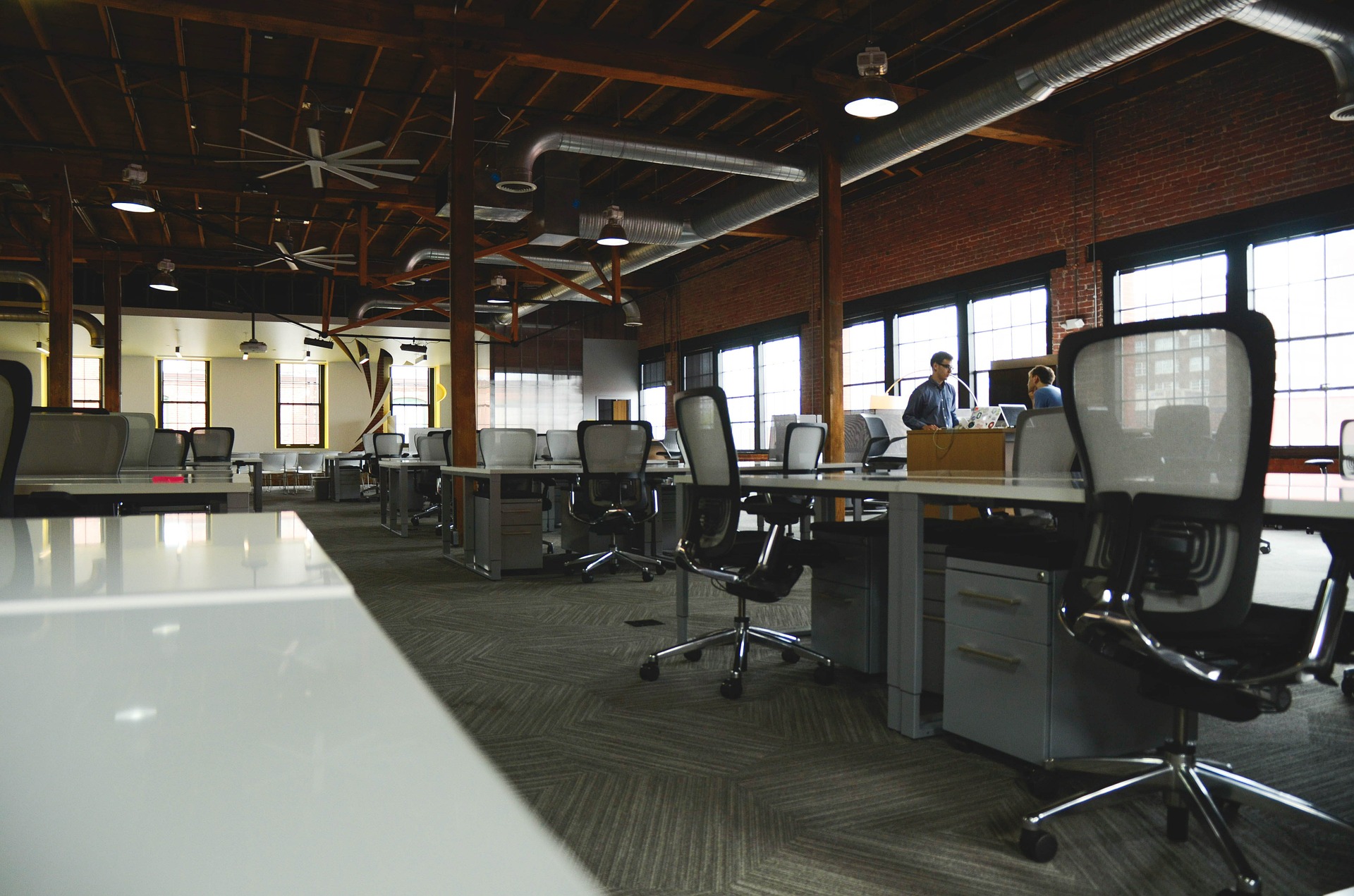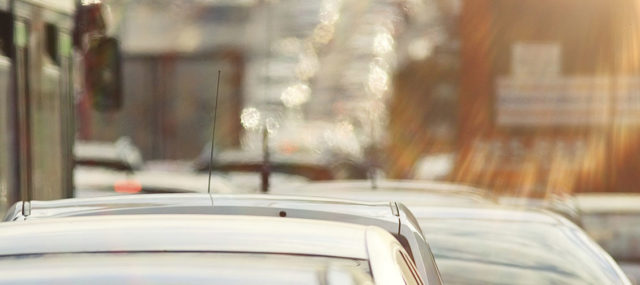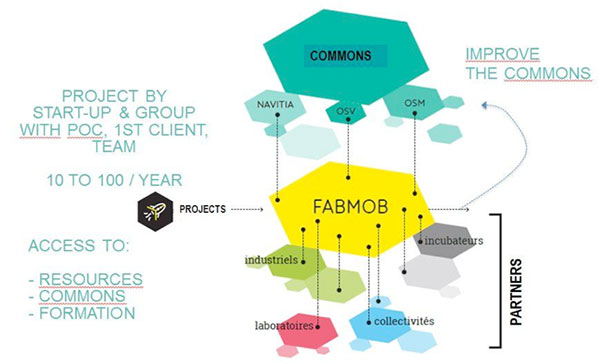
How Startups Can Lead the Way to a Mobility Revolution
September 16, 2015 — Blog
Industrial channels and mobility practices are changing at an unprecedented pace throughout the world. In a time span of just a few years, a host of startups have come onto the scene, shaking up the value chain and competing with established ways of working. They form a unique relationship with their individual users by offering digital services that enhance urban life.

A few examples of such startups include Waze, Moovit, Uber and BlablaCar. These enterprises have already transformed the economy and shifted the mobility choices of millions of people every day. With great speed, they have forged new markets and challenged existing industrial sectors. These tech-driven startups have become a new vehicle for innovation. They trigger progress in unpredictable environments, producing deliverables that are immediately tested by users who automatically become contributors.
Startups can thus be considered as “problem solvers”. Public authorities should therefore collaborate more closely with them as they address urban challenges. And they should ensure that startups have the best conditions to flourish.
In particular, when it comes to transport, startups have the power to make radical changes to the status quo.
Today, the transport sector remains the largest greenhouse gas emitter in France. It also produces high levels of pollution, such as particles or nitrogen oxides, exceeding, in some cities, European Union limits. Road congestion endures, whilst collective public transport services fail to meet demands. Technical progress in fuel and engine is necessary, but clearly insufficient.
To tackle this energy and mobility crisis, the urban world needs innovations that will modify current practices and behavior. I believe that “startuping” is a chance to significantly reduce greenhouse gas emissions, alleviate congestion and create a healthier, less stressful urban environment.

Reinventing the Innovation Support Network
Having gathered a wide range of feedback from car manufacturers, transport operators, energy companies, research labs, cities and user associations, I believe strongly that public support networks for innovation need to reinvent themselves to address the mobility challenge. My work at the French Agency For Environment and Energy Management(ADEME) involves connecting with many different stakeholders in this complex field. ADEME funds projects, advises cities and is also considered as a neutral structure acting for the common good. In this way, ADEME provides the positive conditions to bring all stakeholders together in a new support scheme for innovation.
The question is what kind of support scheme do cities need, to give rise to disruptive startups that will help us develop mobility solutions of the future?
We interviewed a pool of experts in the mobility ecosystem, including digital companies such as Merkapt, Etalab and Local Motion; startup mentors, founders of fablabs, accelerators and incubators such as NUMA, Telecom ParisTech and The Family; as well as major companies SNCF, Gemalto and Bouygues Telecom. These are the kind of responses we encountered:
“We don’t need another place, another incubator or accelerator”.
“We need authorization for testing in real conditions, we need the permission to fail, we need connections, we need a new culture of innovation”.
“Creativity is stronger outside or at the edge of a company than inside, so we need to have a protected garden”.
Based upon these exchanges and several workshops conducted within mobility companies, laboratories and more than 15 startups, we conceived a new support scheme for innovations in mobility.
The result of our research was La Fabrique des Mobilites, the first European accelerator dedicated to setting up an ecosystem for innovation in the mobility sector.
Our aim is to help all actors in this field to “co-construct” practical solutions. Firstly, we offer entrepreneurs the chance to access our network of experts and mentors. We also provide them with essential materials to build their projects. Most importantly, we catalyze dynamic partnerships between public authorities and startups, creating tailor-made solutions to local challenges. Each new project conceived at La Fabrique des Mobilités will be launched onto the commons, providing wider access and ensuring scalability. Overall, our wish is to give rise to a new industrial environment, in which the public sector and creative startups co-create solutions together.
Thanks to our network of partners, the resources we provide includes physical infrastructure such as roads, vehicle fleets, a neighborhood or a bus line. It also includes communities of public transport users and cyclists, or even testing facilities, computation power, expertise and also new technologies. La Fabrique opens a new way to train engineers’ partners by placing them for a few weeks inside startups. This mutual exchange benefits the startup, by bringing new skills and competencies to the team, and also the company, by helping fertilize a new culture of innovation.
Sparking a New Industrial Ecosystem
La Fabrique des Mobilites is global. We concentrate the talent and assets of our entrepreneurs to enable them to save time, quickly validate their business model and focus on their specific added value.

We also have an unusual way of selecting and accompanying projects in their journey. Selection is determined by a mutual commitment contract: the entrepreneur agrees to contribute to the commons, to develop a project and share progress with us for six to ten months. In return, we promise to bring a wide array of resources, advice and tutoring brought by another entrepreneur.
Our goal is to encourage startups to question their choices, products and services, and also their organization and decision-making process. In doing so, we aim to maximize their capacity to think in a “360 degree” way about their innovation. We want to help them find a robust business model, and to produce a high quality product or service that is also replicable.
In order to select risky projects, driven by unknown entrepreneurs in the area of transport, we have opted for unusual selection criteria, and provide no financing to startups. In turn, entrepreneurs are not required to pay for our services. Our vision is that La Fabrique will grow by collecting “commons” produced by each project, so that the innovations created can be put towards future projects.
Co-creating a New Culture of Innovation
In the future, the projects we foster will benefit from a pool of existing resources, co-created by our widening network of entrepreneurs and mentors. In turn, each new project we produce will become part of the flourishing, open innovation platform. In this way, we hope to carve out a path to a more creative city, where public authorities, entrepreneurs, big companies and the public move hand in hand to find better, greener mobility solutions for all.